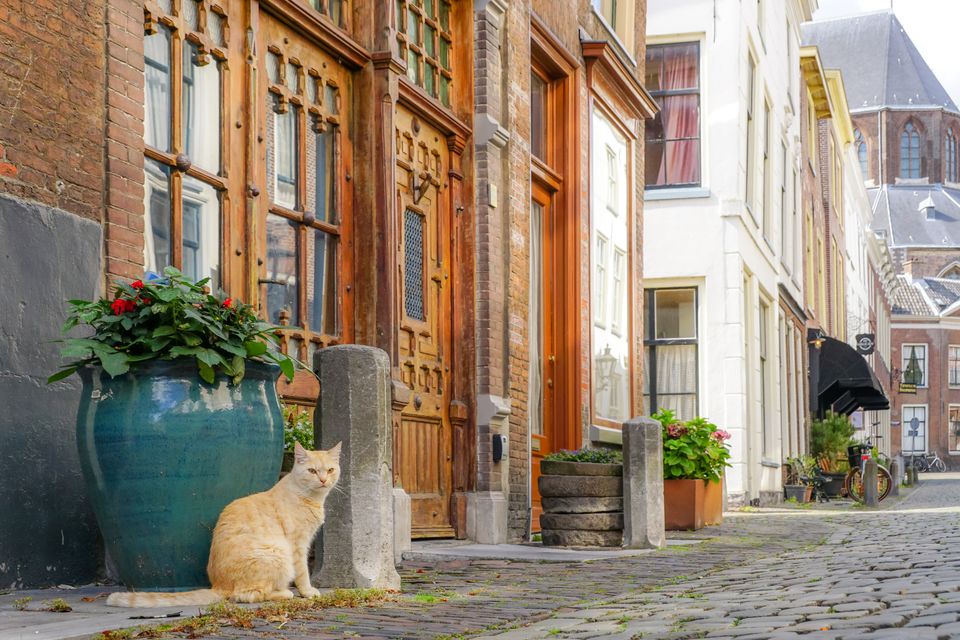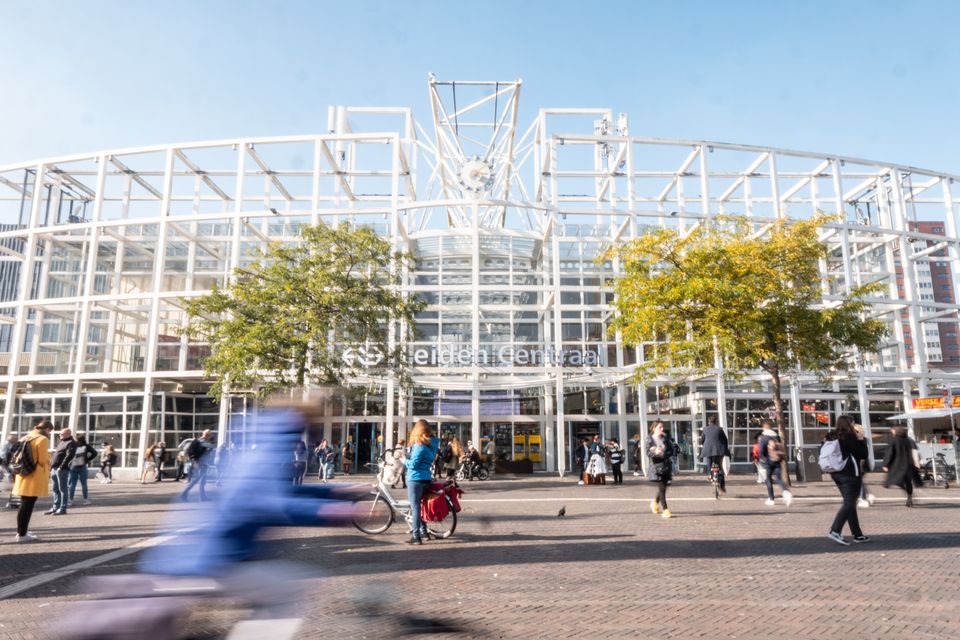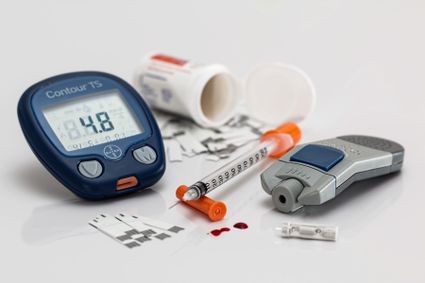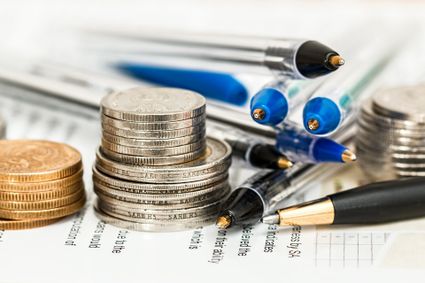Moving across countries can be expensive, but what about the costs of daily life after you have settled into your new home?
Navigating your new life in the Netherlands inevitably includes balancing costs of housing, food, transport, healthcare, and a wide range of other factors. On this page you can find more information about the expenses you should expect from living in the Netherlands.
Housing
Housing is one of the biggest expenses you will have to face upfront. The Netherlands can be fairly expensive when it comes to housing, both for buying and renting. It is a good idea to consider what your budget is when choosing the right home for you - and to make sure you factor in any applicable transport costs.
Renting an apartment can cost you anywhere between €700 to €2500 a month, depending upon the municipality you choose to live in and the location of your apartment in the city or town itself. Buying a house in the Randstad will usually cost you upwards of €350,000. Many people choose to live in suburbs or small towns nearby big Dutch cities to save money on housing.
Learn more about housing in the Netherlands
Public Transportation
When selecting a location to live, it's important to consider transportation costs. Although many Dutch people commute to work by bike, the Netherlands has numerous public transport options for those days when you may not feel like cycling (especially in the winter months). You can buy an public transport card (OV chipkaart) that will work on all public transport throughout the Netherlands, and opt to pay for a subscription that suits your circumstances best. For commutes within the Randstad (between the cities of the Hague, Leiden, Utrecht, Rotterdam, and Amsterdam) you can expect journey times of less than an hour and prices of approximately €8 - €10 one way without a subscription. There are also frequent buses which you can take from one city to another, and these are usually cheaper than the trains.
Learn more about Dutch Public Transportation
Minimum Wage
In 2024, the minimum hourly wage for people 21 years and older is €14.40, before taxes. If you are in the Netherlands on a highly skilled migrant visa, then the 30% ruling may apply to you. If you are in a low-income bracket in the Netherlands, you may also be eligible for a range of benefits to assist you with your living costs (including rental allowance and health insurance allowance). You can learn more about these on our Benefits & Social Security page.
Learn more about income tax and the 30% ruling



